Ensure availability and sustainable management of water and sanitation for all.
SDG6 focuses on issues related to achieving equitable and universal access to safe and affordable drinking water, improving water quality and water efficiency, protecting and restoring water ecosystems, and much more. At Lynn University, this takes a variety of forms, from providing access to free and safe drinking water across campus and enrolling in waste management programs to ensuring new buildings are sustainable, creating a sustainable landscape plan, and more. Some of these sustainable initiatives, including those relating to clean water and sanitation, can be found in the Lynn University Sustainability story map.
This report is organized into three sections:
Institutional Initiatives: Refers to ongoing initiatives at the institution that are currently active, occur every year, and relate to SDG6. Wherever possible, statistics are provided to show the impact of this work.
Events/News: Refers to single events or news that occurred during the reporting year of AY21-22 relating to SDG6. These are not recurring, and as such are not part of the long-term initiatives.
Courses: Refers to all the courses in the university’s academic catalogue for the reporting year of AY21-22 that deal with issues related to SDG6.
Goal 6

Institutional Initiatives
Wastewater treatment
Lynn University understands that it has a responsibility to properly manage wastewater. As such, it is enrolled in the Boca Raton Wastewater Treatment Process, which is managed by the city of Boca Raton, Florida. Additionally, Lynn University uses reclaimed water in the Central Energy Plant, thus reducing consumption of potable water.
Spill prevention, control, and countermeasure plans
Lynn University is committed to the prevention of discharges of oil to navigable waters and the environment, and maintains the highest standards for spill prevention control and countermeasures through regular reviews, updating, and implementation of its Spill Prevention, Control, and Countermeasure (SPCC) Plan. The SPCC Plan is intended to meet the spill prevention and planning requirements of the United States Environmental Protection Agency’s Oil Pollution Prevention Regulations codified as 40 CFR 112.
By ensuring proper wastewater treatment and spill prevention and control, Lynn University helps further target 6.3 of SDG6 by reducing pollution, eliminating dumping, and minimizing the release of hazardous chemicals. Additionally, the use of reclaimed water across campus buildings and in the central energy plant helps further target 6.4 of SDG6 by substantially increasing water-use efficiency and reducing the level of water stress on freshwater resources.
Sustainable landscaping and architecture
Recognizing that a sustainable campus must take into accountits landscaping plans, Lynn University has created a master plan for landscaping, aiming for ecologically friendly ways to meet the campus’ aesthetic goals and improve the campus’ ecological footprint. In doing so, the university seeks to do the following:
Design for preservation of resources and reduction of maintenance while meeting the needs of the present and the future.
Implement environmental education opportunities on site.
Add meaningful and functional plantings on the campus lakes that contribute to the benefits of a healthy ecosystem, among other initiatives.
Beyond sustainable landscaping, Lynn University has committed to building new buildings as sustainable spaces. From academic buildings and residence halls to the University Center, Lynn has been recognized for its sustainability efforts across a variety of new constructions in the past five years and has been awarded Leadership in Energy and Environmental Design (LEED) certifications as awarded by the U.S. Green Building Council.
Free water
Lynn University provides free and accessible potable water across campus for its students, faculty, staff, and community members. The full list of water dispensers can be found on the campus map by clicking on the “water dispenser” option, which will display the physical location of all free water dispensers.
By providing clean, safe, and free water for all, Lynn University helps further target 6.1 of SDG6, which calls for universal and equitable access to safe and affordable drinking water for all.
